Recreating the bead-like structure of seal whiskers grants scientists insight into new underwater technologies.
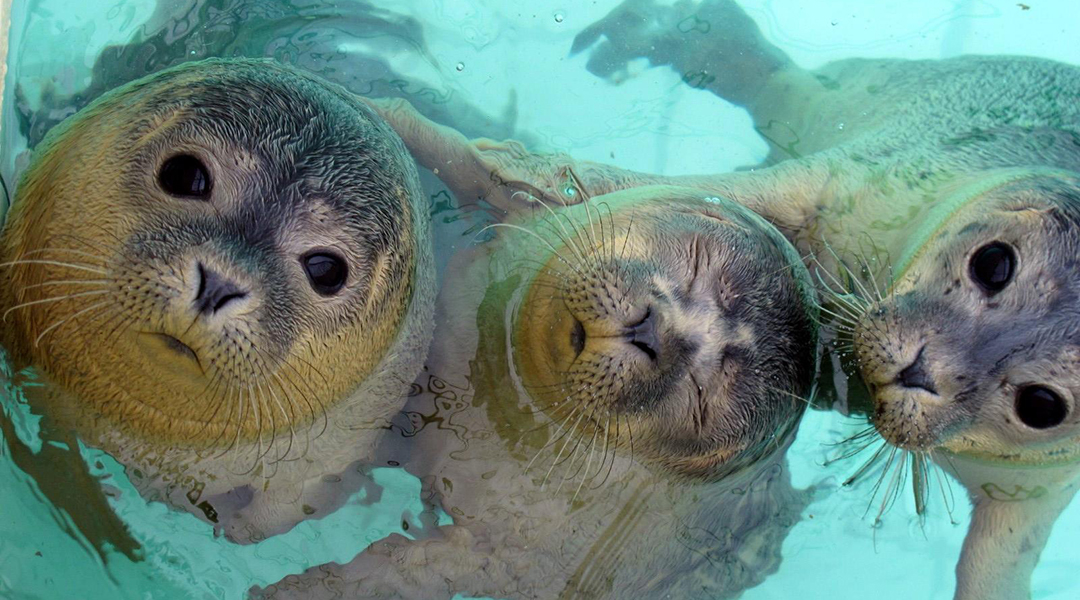

Recreating the bead-like structure of seal whiskers grants scientists insight into new underwater technologies.
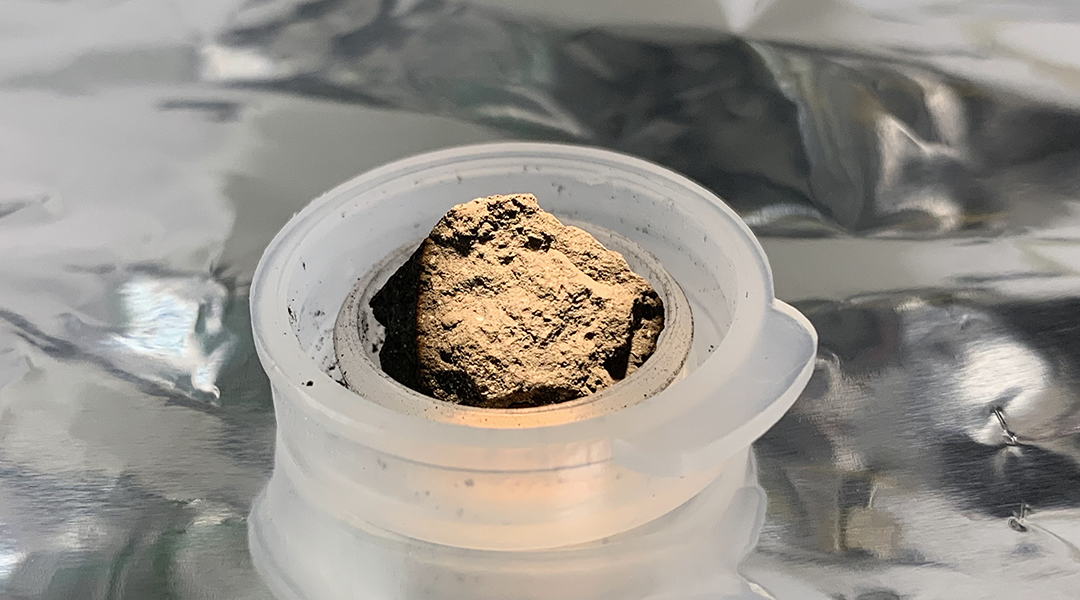
A meteorite that lit up the sky of Gloucestershire contains amino acids, the building blocks of life.
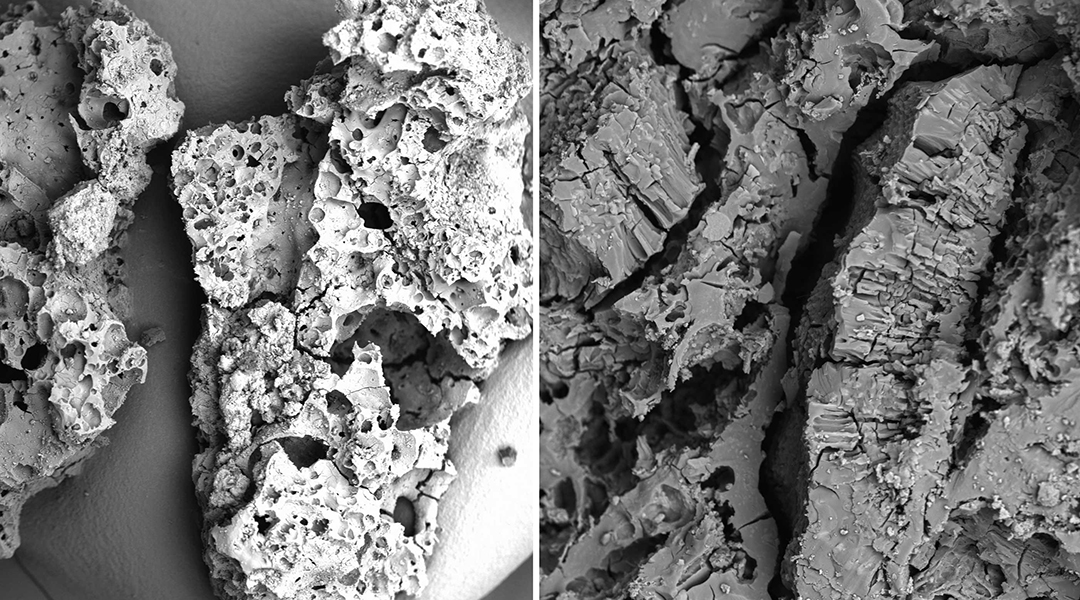
The study of charred remains of processed legumes and nuts gives new insights into the food choices and resource exploitation of Paleolithic humans.
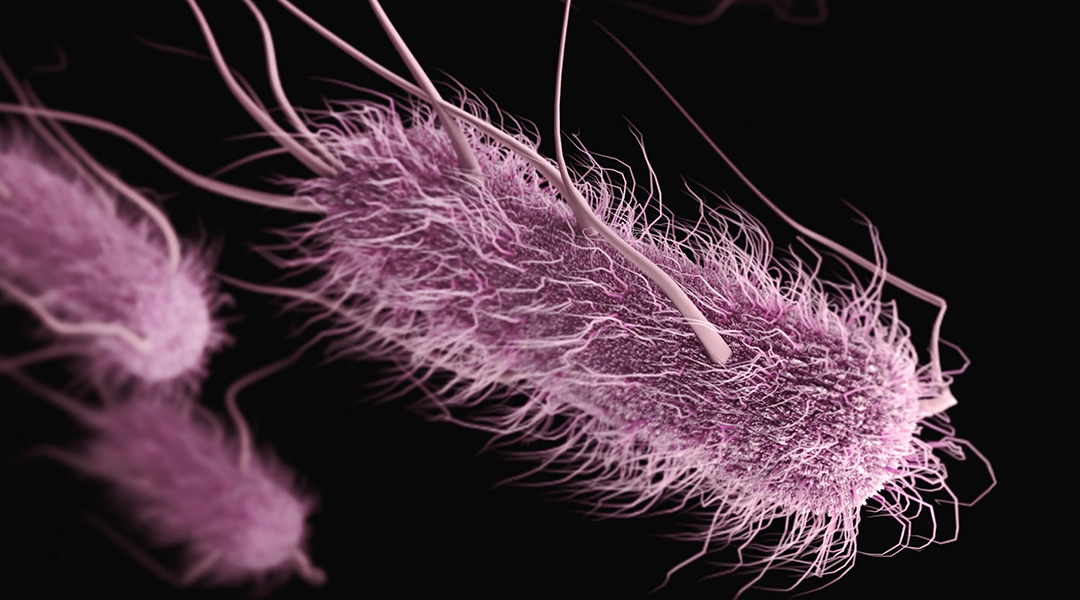
Incorporating polymer skeletons inside bacteria stops them from replicating and results in cyborg cells that are half living, half artificial.
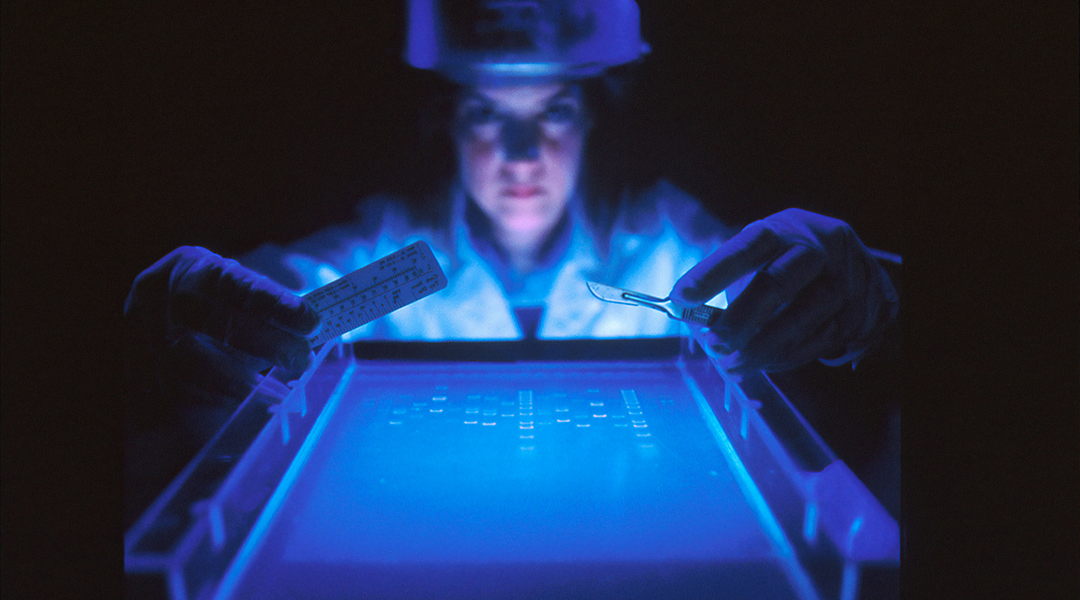
An analysis of 45 million papers and 3.9 million patents since 1945 shows that the rate of disruptiveness in science is steeply declining.

An extensive review adds to the mounting evidence that paid parental leave protects long-term mental health in both mothers and fathers.
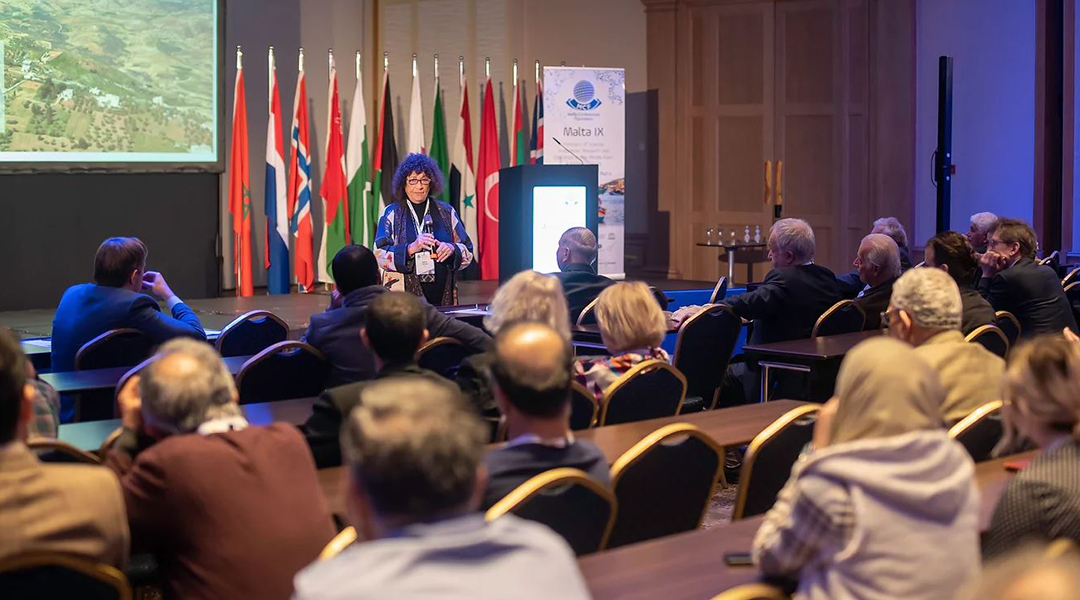
The Malta Conferences offer a unique setting to break down barriers, overcome instilled cultural differences, and support scientists restricted in their freedom.
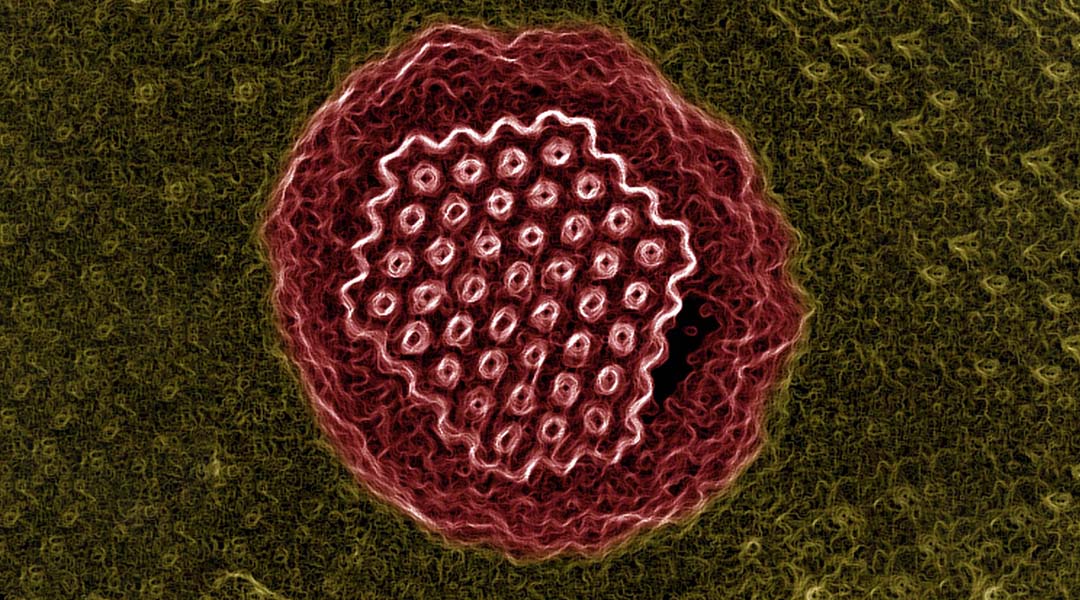
How seven ancient viruses ranging in age from 27,000 to 48,500 years were recovered from the Siberian permafrost, and what researchers hope to learn from them.

What would it mean for two particles to become gravitationally entangled?
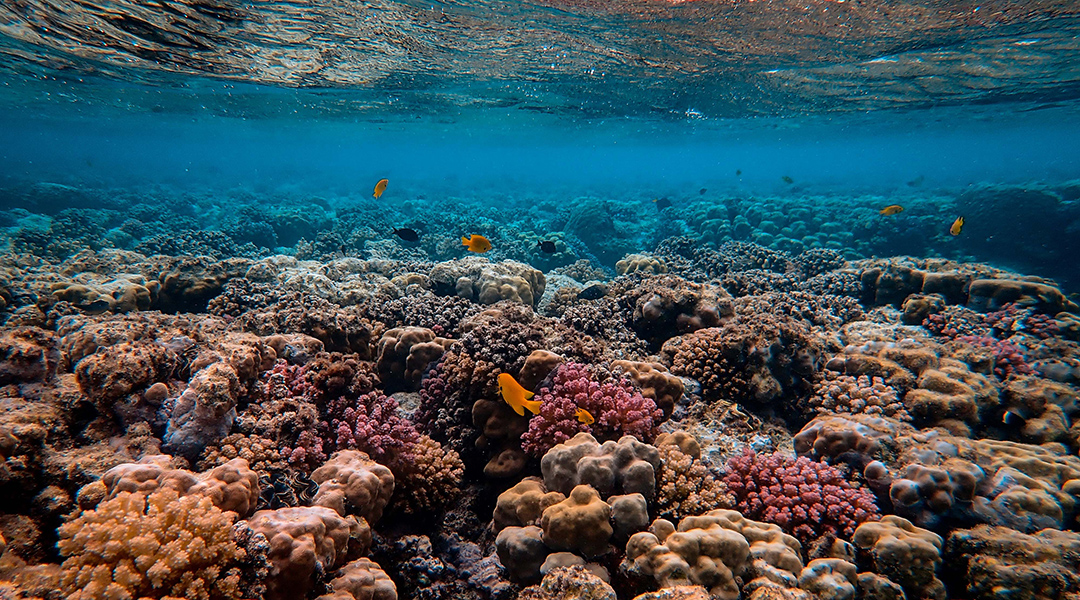
New experiments on coral reefs show that transplanting genetically diverse coral is key to restoration success.